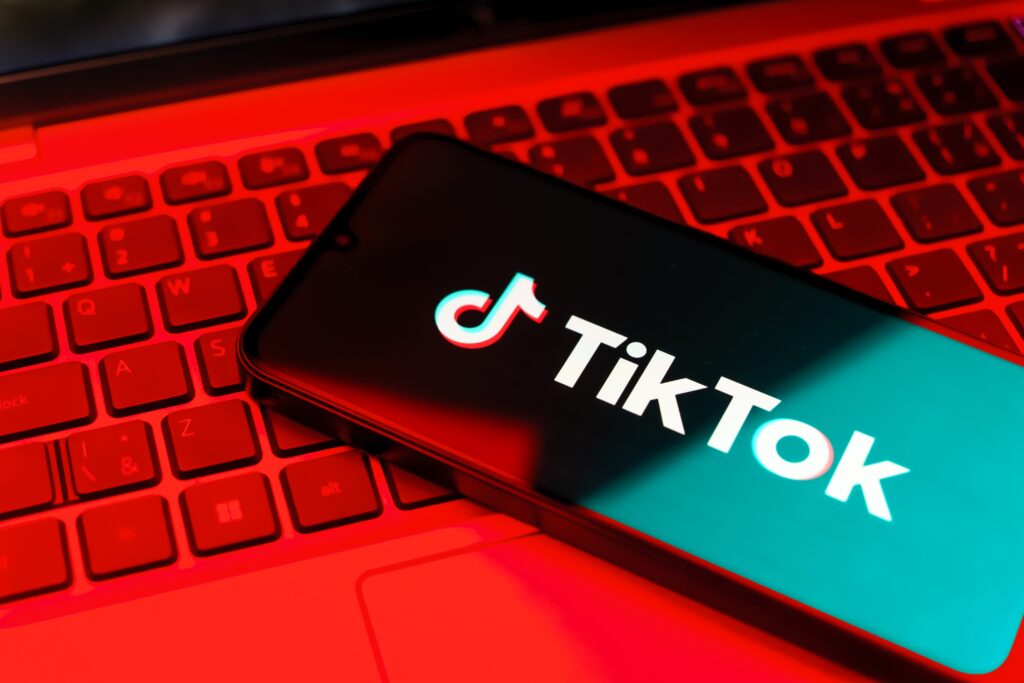Despite backing from former President Donald Trump, tech giants like Apple, Google, and Oracle face significant financial and legal risks if they ignore the impending TikTok ban, which takes effect Sunday. The ban, upheld by the Supreme Court, mandates ByteDance to sell TikTok’s U.S. assets to address national security concerns and prevent data misuse.
TikTok Ban Overview
Even with Donald Trump’s assurances, companies face risks ignoring the TikTok ban, which starts Sunday. The Supreme Court upheld a law on Friday requiring TikTok’s parent company, ByteDance, to sell its U.S. assets to keep operating in the country. Congress passed the law to prevent potential Chinese government access to Americans’ sensitive data and to counter manipulation of information.
Trump has expressed a willingness to find a solution that ensures TikTok remains accessible in the U.S. while addressing security concerns.
“My decision on TikTok will come soon, but I need time to review the situation. Stay tuned!” Trump posted on Truth Social Friday.
Legal experts say maintaining TikTok operations without compliance remains a risky move despite any assurances from Trump.
“Companies like Apple and Google must decide, likely involving their boards, whether they can risk violating this law, even with Trump’s promises,” said Wayne Unger, a Quinnipiac University law professor.
Apple, Google, and Oracle did not comment on their plans regarding TikTok after the ban. Before publication, TikTok CEO Shou Zi Chew stated the company hopes for Trump’s support.
“We appreciate President Trump’s efforts to find a solution keeping TikTok available in the U.S.,” Chew said. “We’ll do everything possible to ensure our platform thrives.”
After publication, TikTok announced it would “go dark” on January 19 unless the Biden administration assures providers the law will not be enforced.
Ban Mechanics and Financial Impact
The TikTok ban works by requiring companies to stop enabling TikTok’s U.S. operations. This includes Apple and Google’s app access and updates, as well as Oracle’s hosting services.
Non-compliance could lead to $5,000 fines for each user accessing TikTok. For Apple and Google, this means fines for downloads or updates. For Oracle, fines would accrue for each user accessing TikTok through its services.
“Oracle would face steep penalties quickly, while fines for Apple and Google would build more slowly,” said Alan Rozenshtein, a University of Minnesota law professor.
“TikTok’s shutdown would result from companies disabling their support,” Unger explained.
The U.S. attorney general could sue companies for fines covering five years of user access. The president can delay the ban by 90 days, but only if TikTok begins selling its U.S. assets with binding agreements in place.
“This 90-day extension is intended for active sales processes, but we’re not there,” Rozenshtein said.
Trump’s Limited Options
Reports suggest Trump may issue an executive order delaying the ban to negotiate a solution. However, executive orders cannot override the sell-or-ban law passed by Congress and signed by Biden.
“Executive orders or promises on social media hold no legal power over this law,” Rozenshtein noted. “They’re essentially public statements without legal weight.”
Trump’s promise not to enforce the law might influence companies’ decisions, but its legal validity is uncertain. Courts could accept arguments that companies relied on Trump’s assurances, though outcomes remain unclear.
“For Apple, the question is whether this gives enough assurance, and there’s no clear answer,” Rozenshtein said.
The Justice Department’s non-enforcement could provide temporary relief, but the law’s five-year enforcement period means penalties could follow later. Justin Hurwitz, a senior fellow at the University of Pennsylvania law school, said, “It’s unlikely Apple and Google would take such risks given the potential penalties.”
Could TikTok Return?
Even if TikTok goes dark, it could quickly resume operations after a qualified sale. The sell-or-ban law allows restrictions to lift upon completion of a U.S. asset sale. U.S. Solicitor General Elizabeth Prelogar predicted such a scenario earlier this month.
“Congress likely anticipated ByteDance’s resistance but expected the restrictions would push them toward divestiture,” Prelogar argued before the Supreme Court.
Once restrictions take effect, ByteDance may reconsider, leading to progress in selling TikTok’s U.S. assets, fulfilling Congress’ expectations for the law.
